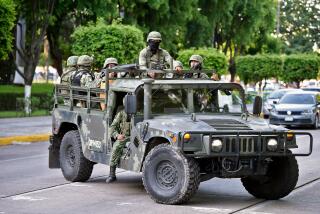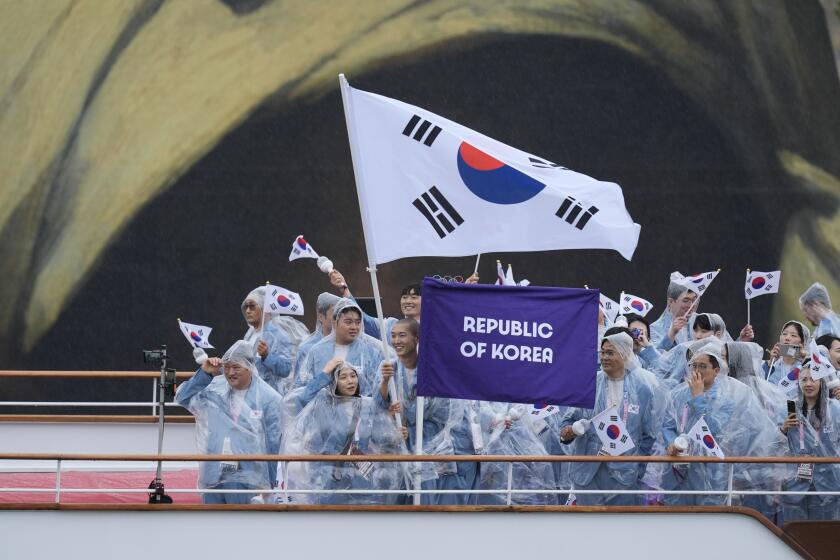PERSONAL PERSPECTIVES ON THE DAY THE WAR BEGAN: JANUARY 16, 1991 : THE HISTORIAN
I remember every detail of where I was when the Japanese bombed Pearl Harbor and when President John F. Kennedy was assassinated. I have studied those events and examined how our country responded. The U.S.-led attack on Iraq on Jan. 16 will remain as vivid in memory as Dec. 7 and Nov. 22. But there are quite different meanings in the shocks of 1941, 1963 and 1991.
On Dec. 7, I was enjoying a party for my ninth birthday. My gifts included a red bicycle and a pair of cap pistols. When news of the Japanese attack came on the radio, I strapped on the pistols, mounted the bike--now a P-40 “Flying Tiger”--and swooped around the lawn shooting down imagined Zeros.
My reaction mirrored a national mood of exhilaration and determination. The task ahead was enormous, but we could achieve it. This was, in Studs Terkel’s phrase, “the Good War.”
The killing of John Kennedy left the nation feeling helpless. We could fight the Japanese in reality or in our imaginations. But what could we do about Dallas except to watch and pray and be grateful for Jackie Kennedy’s courageous dignity and the reassuring way that Lyndon B. Johnson assumed the presidency? The meaning of Dallas was that we are all vulnerable to sudden, unpredictable violence.
The unleashing of war against Iraq was not sudden. It was foreseen from Aug. 2, 1990, when the United States organized the U.N. response to Saddam Hussein’s successful invasion of Kuwait. Each U.N. Security Council resolution and Hussein’s defiance brought war closer. The Jan. 15 deadline made war as predictable as kick-off time for the Super Bowl--or more predictable. The failure of last-minute diplomatic missions and the close votes of congressional support for the President, a true declaration of war, underlined the inevitability of the clash in the gulf.
Television involved us all, both as eyewitnesses and as participants in the exchange of ominous messages by high U.S. and Iraqi officials. And then we heard, in real time, the convulsive anti-aircraft fire and the thump of bombs on Baghdad. WAR.
A favorite quotation for those who see themselves standing against aggression comes from Edmund Burke: “The only thing necessary for the triumph of evil is for good men to do nothing.” President George Bush, I am sure, derives comfort from Burke’s words. War, he believes, will defeat the evil of Hussein--and he is probably right.
But do most of us believe that good intentions will create a peaceful new order?
That is the tragic element in the war in the Persian Gulf. Good intentions, skill and hard work defeated Japan. Doing nothing in the gulf would have assisted in the triumph of the evil of one man. But going to war against evil may cause suffering, death and political and economic upheaval on a horrendous scale.
Great injury flowing from good intentions is the essence of tragedy. That thought is at the heart of the national reaction to Jan. 16. It will, I predict, remain the essence of the memory we will carry for the rest of our lives.
More to Read
Sign up for Essential California
The most important California stories and recommendations in your inbox every morning.
You may occasionally receive promotional content from the Los Angeles Times.






